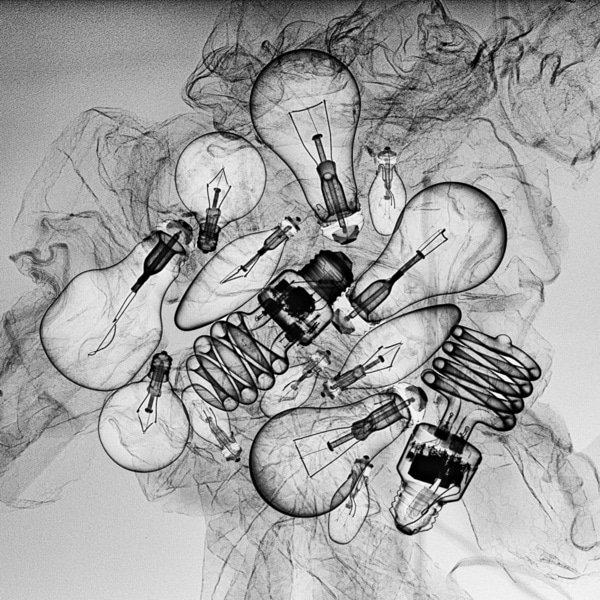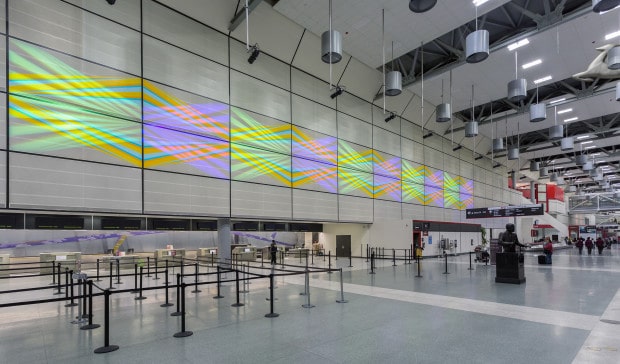Incandescent lamps (you know, light bulbs?) are in the crosshairs of the Banning Wizard across the world. I really made that sound worse that the principle of it actually might be; of course being a lighting designer I like the quality of the incandescent sources, and I know what the trade-offs are, and I respect them.
The International Association of Lighting Designers – the IALD – has a taken a position on this. I’ve listed their key points below, but please visit their website on the topic, here.
IALD’s position:
- There is presently no lighting technology that can replace certain types and uses of incandescent lamps. There are still drawbacks such as poor color, bad dimming performance, and high cost, that make replacement technologies ineffective replacements for incandescent in some applications. A grace period is needed to allow the development of light sources that can replace incandescent in all applications.
- Energy-efficient replacement light sources must be adapted to suit the existing electrical infrastructure. Those with simple and clear-cut applications must be made available as soon as proven, but there will be cases in which an efficient source is not ready for a particular use. When products cannot achieve appropriate goals, continuance of incandescent technology specific to those situations should be permitted.
- The complete environmental impact and life-cycle carbon footprint of each replacement technology must be understood. Incandescent lamps should not be banned until their replacements are proven to be an overall environmental improvement.
- Replacement lamps must be cost-effective. Because replacement light sources are often more expensive than incandescent sources, conversion cost is a concern. Subsidies may be needed to help low-income consumers.
- Phasing-out of inefficient light sources is one step in reducing lighting energy use. The most efficient electric light source is the one that is turned off. Effective use of daylight and aggressive use of lighting control technologies will be needed to significantly reduce lighting energy use.
- The IALD supports all efforts to reduce electric lighting’s negative environmental impacts through careful design, daylighting integration, lighting controls and more efficient sources. We urge consideration of the full ramifications of proposed regulations, and possibly the continued use of some unique types of incandescent lamps until truly better alternatives are available. Through our design choices and expertise, IALD Lighting Designers have an opportunity and an obligation to make a great contribution to energy use reduction and global CO2 goals. We are fully prepared to offer our technical and design expertise to help reduce the negative environmental impact of lighting while producing quality lighting solutions for effective working and living.
How do you feel about incandescent lamps? Please post your opinions in the comments!




